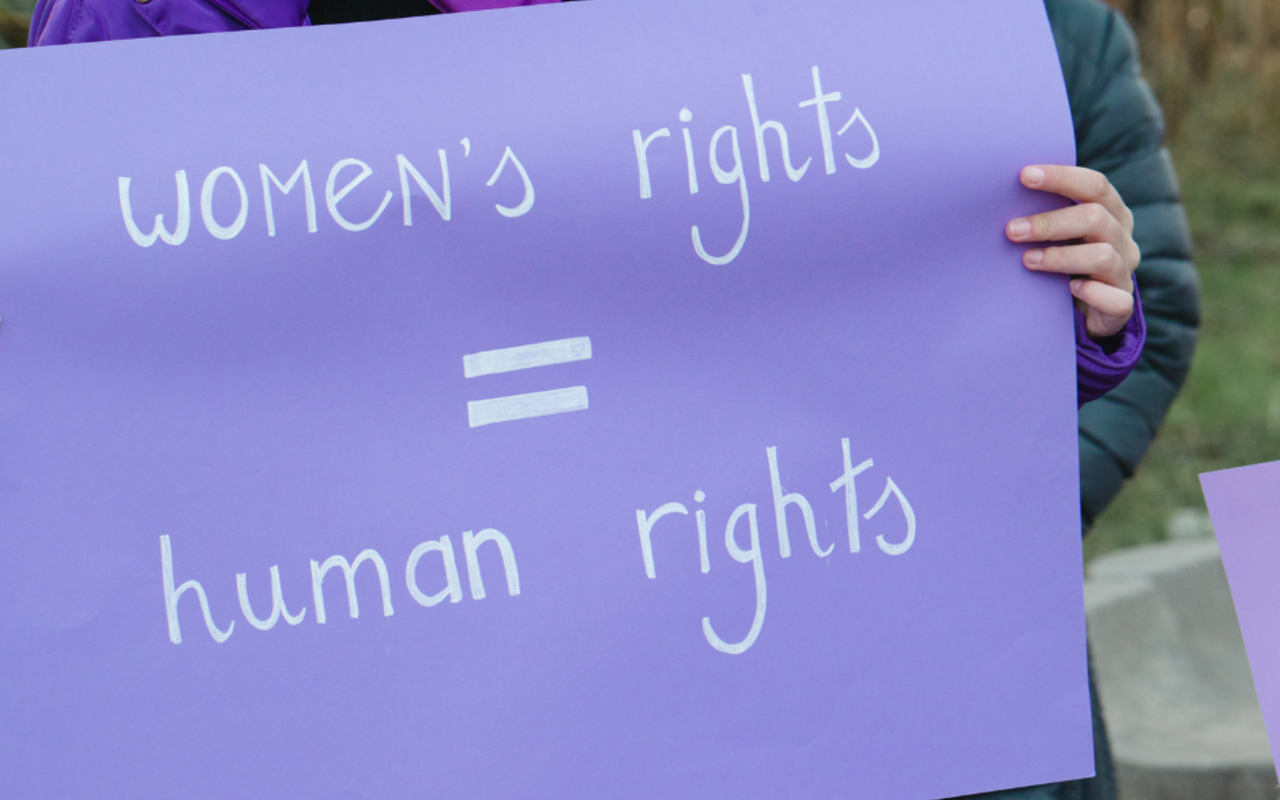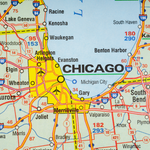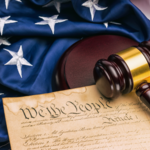by Lisa Emilie Fuhrmann
105 years ago, the 19th Amendment was officially adopted, forming the basis for women’s voting rights and making August 26th the day recognized as Women’s Equality Day since 1971. However, while the 19th Amendment was a historic and monumental victory in the fight for women’s rights, it is also important to recognize that it did not guarantee those voting rights for all women. In fact, many women, particularly women of color and women with disabilities, continued to face barriers, preventing them from being a part of the democratic process. Still, the amendment marks a turning point in U.S. history, as women had obtained the rights to legally participate in the political sphere and engage in elections that could shape the future of their country. Consequently, women were able to take one more step towards a future that could eventually see women as equal to men. However, recent events such as the overturn of Roe v. Wade in 2022 and the increasing hostility towards women’s bodily autonomy and rights since the 2024 election serve as a reminder of how fragile women’s rights continue to be and that progress can be rolled back.
Roe v Wade and the Erosion of Bodily Autonomy
With the Supreme Court’s ruling overturning Roe v. Wade, the decision of whether women should have legal access to abortions has been left up to the states. For the first time, countless women, particularly those from younger generations, have had to come to the devastating realization that their freedoms and rights, once seen as untouchable, could be taken away with a single court ruling. Since then, 13 states have decided on a ban without exception or a near-ban for abortions with Idaho taking one of the most extreme stances by even restricting assisting in out-of-state travel for the medical procedure. But not only do many women perceive the Supreme Court ruling as a threat to their bodily autonomy and their rights, but also to their own life as states with complete abortion bans expect women to carry the pregnancy to term even if it would be life-threatening for them to do so. This for example was the case for Kate Cox, a Texas woman who had to leave the state of Texas to seek an abortion.
The 2024 Election: Kamala Harris and Women’s Role
Despite a feeling of hopelessness due to devastating decisions on abortion access concern as well as warnings from medical professionals, many women were hopeful and excited to make use of their 19th amendment right once it was announced that Kamala Harris would be running for president in the 2024 election. During her campaign, it had quickly become clear that Harris had positioned herself in favor of women’s rights and reproductive rights, unlike Trump who had since been blamed for the overturn of Roe v. Wade, as his Supreme Court appointees had all voted in favor of the overturn. With the topic of reproductive rights having become a key issue in the 2024 election, many believed that women would play a pivotal role in the election outcome and the gender gap among voters would be even more visible as women’s rights would be at stake.
However, despite this and despite former Vice President Kamala Harris’s effort in her campaign and winning a majority of female voters, particularly amongst Black women, it ultimately became evident that Trump would win the election. This prompted women, especially those who had not voted for Trump, to question whether their rights and freedoms were starting to become negotiable.
The Surge in Hostility and Misogyny after the 2024 Election
Barely a week after the 2024 election, it became evident that the election results would leave a significant impact on women and their rights, as sexist and abusive comments started flooding social media. One comment stood out in particular, namely when white nationalist Nick Fuentes reused the phrase “My body, my choice”, a phrase that is frequently used in pro-choice spaces, and turned it into “Your body, my choice”, as well as claiming that men now owned women’s bodies. While misogynistic and hostile comments certainly were widespread before the election results, with Trump and JD Vance having been criticized for their own misogynistic comments in regard to women and former Vice President Kamala Harris, they became even more vile afterwards. Black voters across the country would receive racist text messages with disturbing references to slavery and many women started to fear that the online attacks would no longer be confined to online spaces, but would soon manifest in real-life encounters.
However, it is not just the right to bodily autonomy that has increasingly been under attack. In fact, it has become quite popular, especially in Republican spaces, to question the 19th Amendment and therefore, women’s voting rights in general. In fact, at the beginning of this month, U.S. defense secretary Pete Hegseth shared a video on the social media platform X, displaying several pastors, including Christian nationalist Doug Wilson, expressing that women should no longer be allowed to vote, a constitutional right that was granted to women 105 years ago. However, in regard of recent events, such as the overturn of Roe v. Wade, Trump’s continuous disregard for constitutional limits, and the introduction of the SAVE Act making it more difficult for married women to vote, it also seems to be a right that has become part of a larger effort to roll back progress and limit the participation of women in political spaces. Additionally, the idea that such fundamental rights are even up for debate makes one thing clear: the fight for equality is not over.
Lisa Emilie Fuhrmann studiert im 4. Semester den Bachelorstudiengang Anglistik/Amerikanistik in Kombination mit dem Ergänzungsfach Biowissenschaften an der Friedrich-Schiller-Universität in Jena. Sie ist zur Zeit als Praktikantin an der Akademie tätig. Der Blogbeitrag ist ein persönlicher Meinungsbeitrag.








